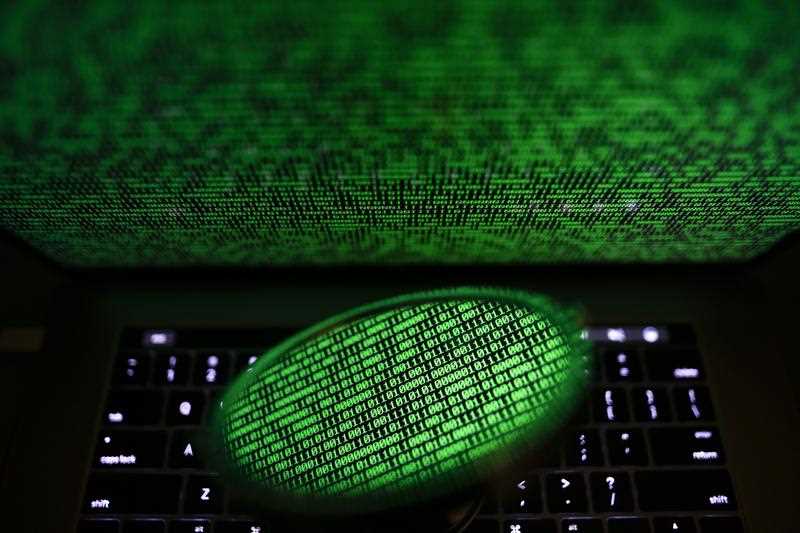A recently signed compact with the United States is expected to deliver benefits beyond clean energy or new mines by also boosting national security.
Company bosses and policymakers are still coming to grips with what the deal signed last weekend will mean.
But it’s clear the Australia-US Climate, Critical Minerals, and Clean Energy Transformation Compact will pull the two industrial bases together against China’s might.
“Nothing but goodness can come from that agreement,” cyber security expert Tony Burnside told AAP.
“It makes us more secure.”
The pact signalled an intent to deepen collaboration on the materials and know-how that are vital to defence supply chains and clean energy.
Mr Burnside, vice-president at Netskope, said the US was likely to experience certain attacks before anyone else, and information sharing would be crucial.
“In our industry, we collaborate with vendors for the same reason – they may see something, an attack on a computer before we do, or vice versa,” he said.
Netskope is a global leader in cloud, data and network security and in managing the safe use of artificial intelligence and robotics.
“Many of us have been in the space for years,” Mr Burnside said.
But with the spread of chatbot ChatGPT and Google’s conversational version called Bard, change is accelerating and Australia must get on board.
“We’ve got to really keep up with the bad guys out there and, from a competitive standpoint, the other countries that are leveraging it,” Mr Burnside said.
He said quantum computing will be key. It’s so powerful that it will outmatch existing encryption standards now protecting systems and data.
“We can’t rule out some states using quantum computing for cyber warfare in the upcoming years,” he said.
“And it won’t be too long before hackers also get access to quantum computing.”
Quantum-resistant encryption standards are in the works, and the US government has already asked all of its agencies and their suppliers to use quantum-resistant encryption by 2035.
President Joe Biden will ask the US Congress to add Australia as a “domestic source” under the US Defense Production Act.
The designation means Australia will be the second country after Canada to be considered for the special status.
It will enable US industry to increase production and investment in Australia, including critical minerals and defence technologies, and allow local firms to apply for US funding.
“It’s important to note, this would not give the US government any authority to direct Australian industry,” a spokesperson for the Department of Prime Minister and Cabinet told AAP.
Minerals Council chief executive Tania Constable also wants Australia to make national security part of the critical minerals boom.
Competing with trillion-dollar tax incentives and funding in North America and Europe, Australia’s $15 billion National Reconstruction Fund includes $1 billion for critical technologies and $1 billion for advanced manufacturing.
Australia’s new critical technologies list is already out and has the stamp of approval from Netskope and other industry leaders for backing quantum computing and AI.
“Bringing in defence procurement is really important and the links that are made with other countries like the United States on those,” Ms Constable told AAP.
“We need to think more broadly than just direct funding,” she said.
“But there will be more federal budgets to come and hopefully the critical minerals strategy (due out soon) will set out a pathway and framework for those additional incentives.”
Meanwhile, the latest critical technologies list has the stamp of approval from Netskope and other industry leaders in space and defence, advanced manufacturing and energy.
By Marion Rae in Canberra



